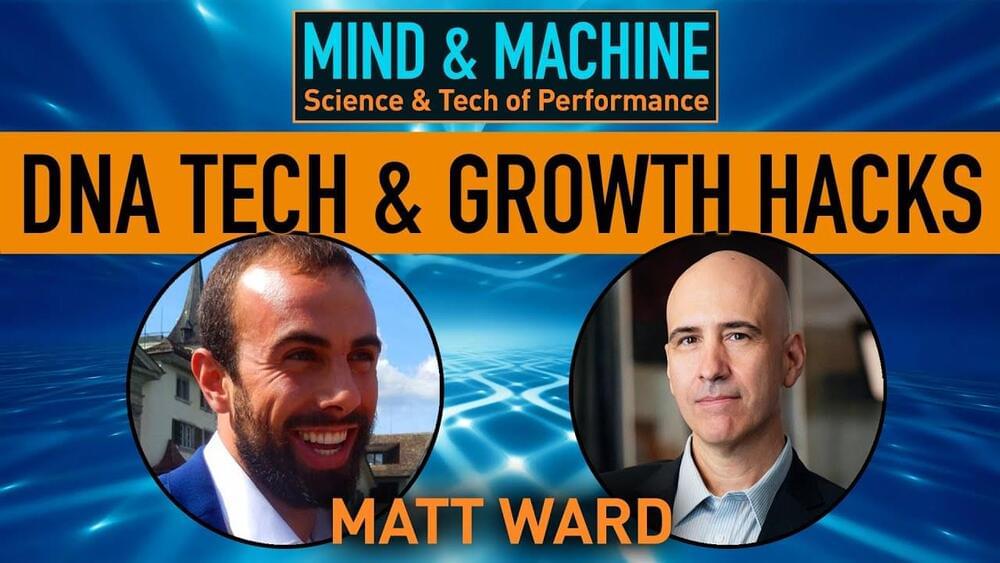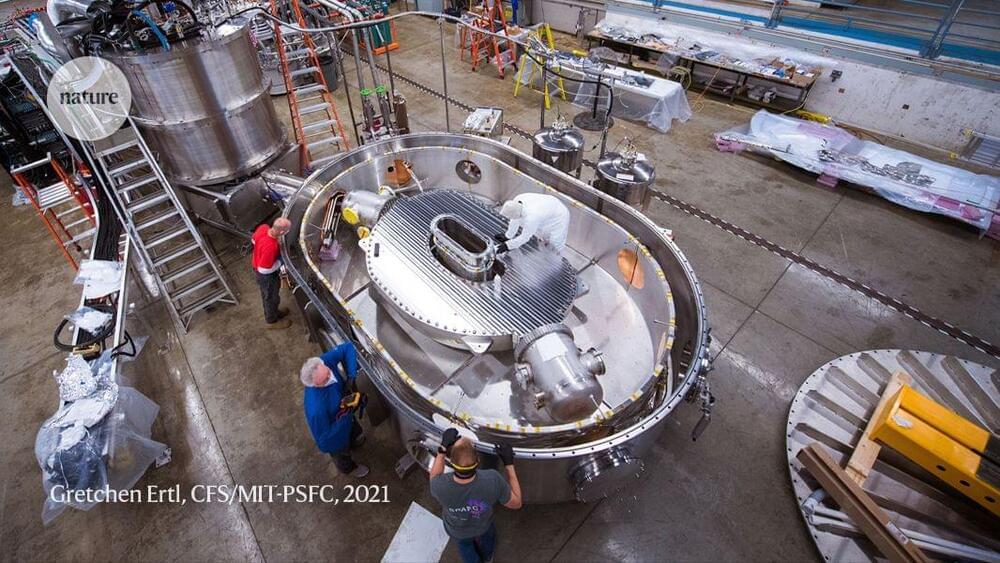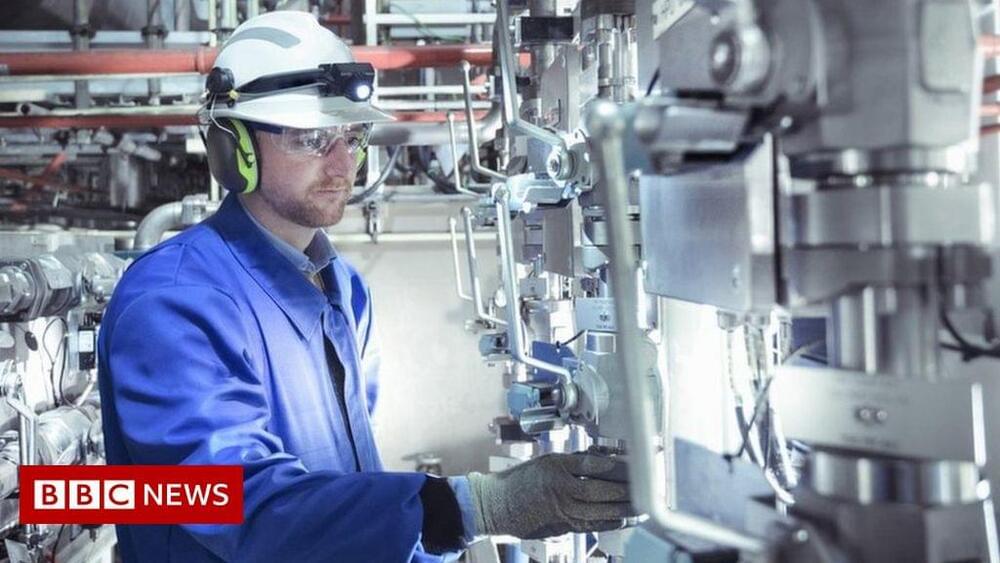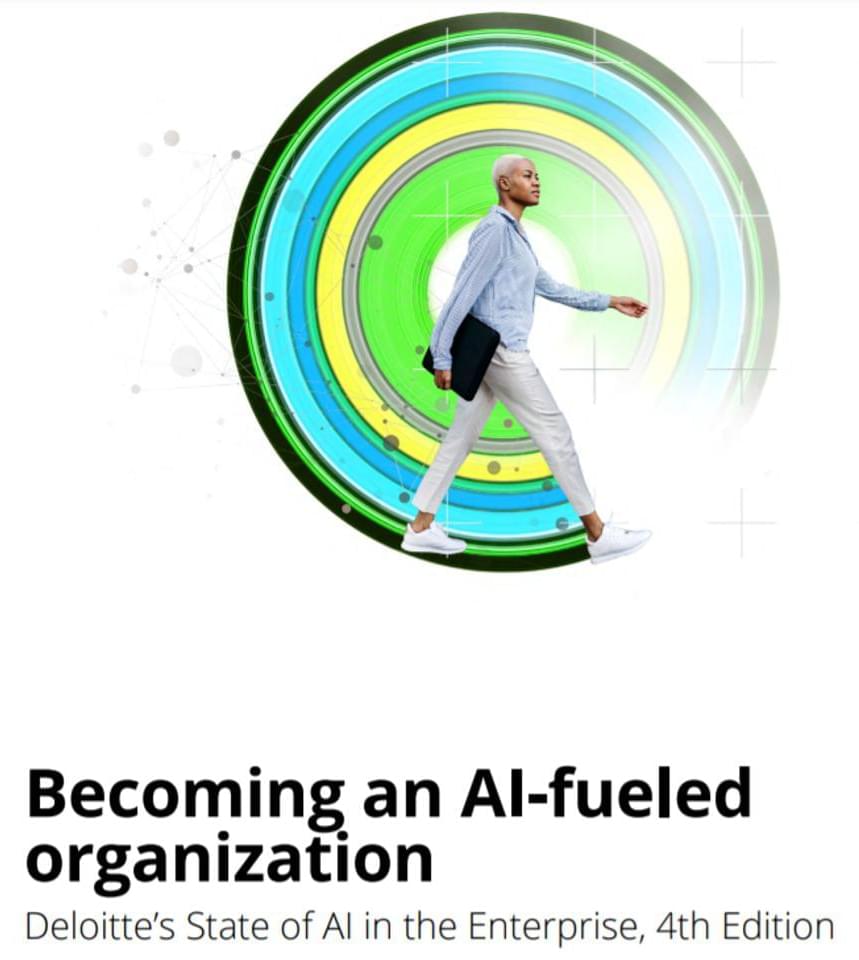Archive for the ‘business’ category: Page 125
Nov 18, 2021
The chase for fusion energy
Posted by Derick Lee in categories: business, economics, nuclear energy, space travel
And just as private space travel is now materializing, many industry observers are forecasting that the same business model will give rise to commercial fusion — desperately needed to decarbonize the energy economy — within a decade. “There’s a very good shot to get there within less than ten years,” says Michl Binderbauer, chief executive of TAE Technologies. In the FIA report, a majority of respondents thought that fusion would power an electrical grid somewhere in the world in the 2030s.
An emerging industry of nuclear-fusion firms promises to have commercial reactors ready in the next decade.
Nov 18, 2021
Rolls-Royce gets funding to develop mini nuclear reactors
Posted by Omuterema Akhahenda in categories: business, employment, government, nuclear energy
The creation of the Rolls-Royce Small Modular Reactor (SMR) business was announced following a £195m cash injection from private firms and a £210m grant from the government.
It is hoped the new company could create up to 40,000 jobs by 2050.
However, critics say the focus should be on renewable power, not new nuclear.
Continue reading “Rolls-Royce gets funding to develop mini nuclear reactors” »
Nov 17, 2021
Google launches Bot-in-a-Box to nudge along conversational AI
Posted by Dan Kummer in categories: biotech/medical, business, robotics/AI
The new feature is part of Google’s Business Messages, a conversational messaging service that allows organizations to connect with people via Google Search, Google Maps, or their own business channels. For instance, Albertsons used Business Messages to share information with customers about vaccine administration. Suppose someone searched on Google for Safeway (an Albertson’s company). In that case, they could use the “message” button on Google Search to receive information like vaccine availability and how to book an appointment.
The new Bot-in-a-Box feature lets businesses launch a chatbot with an existing customer FAQ document, whether it’s from a web page or an internal document, to keep the service simple. The feature uses Google’s Dialogflow technology to create chatbots that can automatically understand and respond to customer questions without writing any code.
Nov 17, 2021
Qualcomm to supply BMW with self-driving car chips
Posted by Genevieve Klien in categories: business, finance, mobile phones, robotics/AI, transportation

Qualcomm is diversifying from mobile phones, to supplying chips for BMW’s self-driving cars.
#News #Reuters #BMW #Qualcomm #SelfDriving.
Continue reading “Qualcomm to supply BMW with self-driving car chips” »
Nov 16, 2021
The metaverse is investable — and it’s going to be big, says tech billionaire
Posted by Kelvin Dafiaghor in category: business

The so-called metaverse has a “big time” investment case, according to Puerto Rican billionaire businessman Orlando Bravo.
Bravo, co-founder and managing partner of private equity firm Thoma Bravo, told CNBC that he thinks “metaverse” is the big word of 2021.
Continue reading “The metaverse is investable — and it’s going to be big, says tech billionaire” »
Nov 15, 2021
Hostage Diplomacy and China’s height of desperation
Posted by Raphael Ramos in categories: business, government

In explosive development, China has been threatening U.S. executives, companies and business groups in recent weeks to fight against China-related bills in the U.S. Congress. According to Reuters, letters from China’s embassy in Washington have pressed executives to urge members of Congress to alter or drop specific bills that seek to enhance U.S. competitiveness.
Follow our Telegram Channel — https://t.me/tfiglobal.
Please support us on Patreon — https://www.patreon.com/tfiglobal
Nov 14, 2021
4 Ways Successful Enterprises Are Driving Success In AI
Posted by Gemechu Taye in categories: business, employment, robotics/AI
Many companies are experimenting with AI, often in many different areas of the company. But experimentation is not enough. It’s essential to have a bold corporate strategy driven from the top. The AI strategy needs to be coordinated throughout the company in tight alignment with the overall business strategy.
AI can be scary for employees, and many are worried about their jobs (see another jobs?). The most successful AI-fueled organizations lead with change management to enable AI systems to succeed.
A key factor for successful change management is trust. Companies that focus on relationship-building, collaboration, and training engender trust. Successful companies help employees understand that most AI replaces tasks, not jobs. Those companies are aiming to augment jobs so that AI and employees work together. If AI is going to replace jobs, management needs to be clear about exactly how that will play out for the employees and provide opportunities for them to upskill or reskill.
Continue reading “4 Ways Successful Enterprises Are Driving Success In AI” »
Nov 14, 2021
Human Enhancement & Personal Performance Hacking with Matt Ward of “The Disruptors”
Posted by Dan Breeden in categories: business, life extension, robotics/AI, virtual reality

https://www.youtube.com/watch?v=X1TYqoR-qVA
We explore human enhancement and personal performance hacking with Matt Ward (@mattwardio), host of The Disruptors podcast, startup investor, adviser, and business innovation consultant. Matt and I thought it would be fun to do two episodes, one here on MIND & MACHINE and the other on The Disruptors, where we explore what we’ve learned, the ideas we’ve formed and our takeaways across all these different fields that we cover.
So with this episode here on MIND & MACHINE, we focus on human enhancement — technologies that are extending lifespan and enhancing human capability. Then we get into what Matt and I are doing currently to maximize our own performance capabilities — our ability to think more clearly, to live more energetic vibrant lives… which is all heavily informed by all these amazing guests across these different fields that we explore.
Nov 13, 2021
Women in tech are fighting A.I. bias —but where are the men?
Posted by Gemechu Taye in categories: business, ethics, robotics/AI, transportation
Battling bias. If I’ve been a little MIA this week, it was because I spent Monday and Tuesday in Boston for Fortune ’s inaugural Brainstorm A.I. gathering. It was a fun and wonky couple of days diving into artificial intelligence and machine learning, technologies that—for good or ill—seem increasingly likely to shape not just the future of business, but the world at large.
There are a lot of good and hopeful things to be said about A.I. and M.L., but there’s also a very real risk that the technologies will perpetuate biases that already exist, and even introduce new ones. That was the subject of one of the most engrossing discussions of the event by a panel that was—as pointed out by moderator, guest co-chair, and deputy CEO of Smart Eye Rana el Kaliouby—comprised entirely of women.
One of the scariest parts of bias in A.I. is how wide and varied the potential effects can be. Sony Group’s head of A.I. ethics office Alice Xiang gave the example of a self-driving car that’s been trained too narrowly in what it recognizes as a human reason to jam on the breaks. “You need to think about being able to detect pedestrians—and ensure that you can detect all sorts of pedestrians and not just people that are represented dominantly in your training or test set,” said Xiang.













